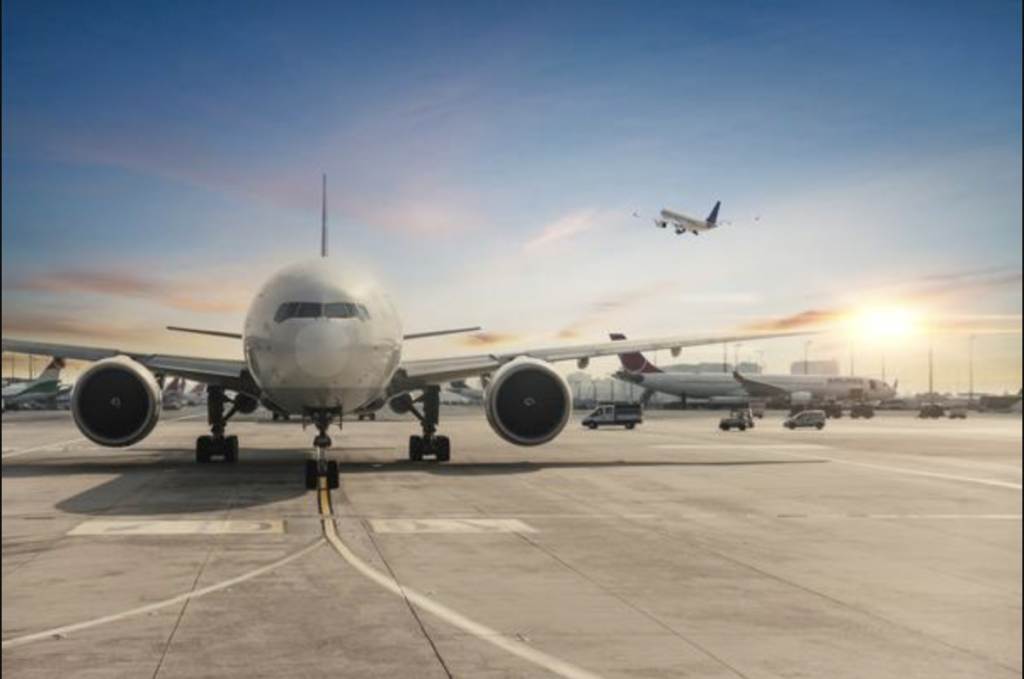
Concerns over the 5G C-Band (3.7-3.98 GHz) and aviation safety are still a hot topic. While there have been no reports of any issues, these concerns are quite valid. If you’re not already familiar with this story, the FAA alerts say that 5G can interfere with radar or radio altimeter signals. These tools measure the distance between the aircraft and the ground. Data from these devices are then fed to the cockpit safety system. This helps pilots gauge the air safety metrics and prevent mid-air collision, avoid crashes and ensure a safe landing.
In order to avert any potential disruption in essential safety sensors, the FAA issued flight restrictions that would prevent pilots from operating the automatic landing option and other cockpit systems during inclement weather conditions. These directives are primarily intended to make 5G expansion and aviation coexist without compromising passenger safety. However, some airline industry groups have voiced concern because this can impact flights when they need these tools and systems the most.
Along with the FCC, the FAA has been conducting safety studies to help move things forward, as the telecom industry continues to argue the concerns are invalid. Specifically in the spotlight, Verizon and AT&T have cited data from several countries where the C-Band has been safely coexisting with the aviation industry. Despite these arguments, the two telecom companies have voluntarily suspended the rollout of the C-Band until January 2022. The carriers have also agreed to minimize the power consumption of C-Band base stations around airports till July 6, 2022. In the meantime, they continue to work together to resolve the issue.
Both Verizon and AT&T have a lot in stake with C-Band. The C-Band offers significant bandwidth with better propagation characteristics for optimum coverage in both rural and urban areas than mmWave, which has a short range and requires a high density of sites to achieve coverage. Consequently, it is deemed a prized asset for carriers like Verizon and AT&T that lack considerable mid-band spectrum holdings. Verizon was the largest bidder with $45.5 billion worth of bids in the FCC-led C-Band auction for mid-band airwaves that generated about $81.2 billion in gross proceeds, followed by AT&T at $23.4 billion. The auction offered 280 MHz of spectrum for potential 5G deployments over the next few years. While Verizon secured 3,511 of the 5,684 licenses up for grabs, AT&T claimed 1,621.
On the other side, leading U.S. House Democrats have urged the FCC to consider the gravity of the issue raised by the FAA. They’ve sought an immediate restraining order for the deployment of the C-Band for wireless use until a thorough risk assessment is conducted. Although the FCC did not comment, a coalition of industry trade groups has pointed out that further delay in the rollout of 5G technology would likely hamper the country’s economic growth.

